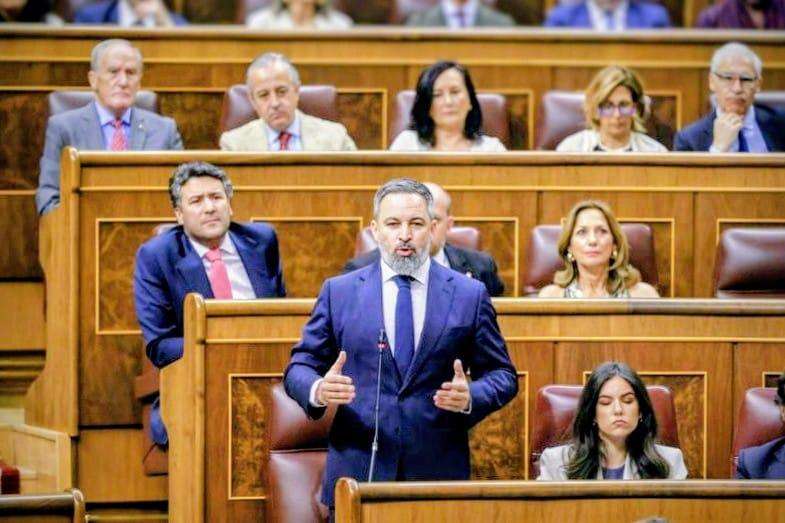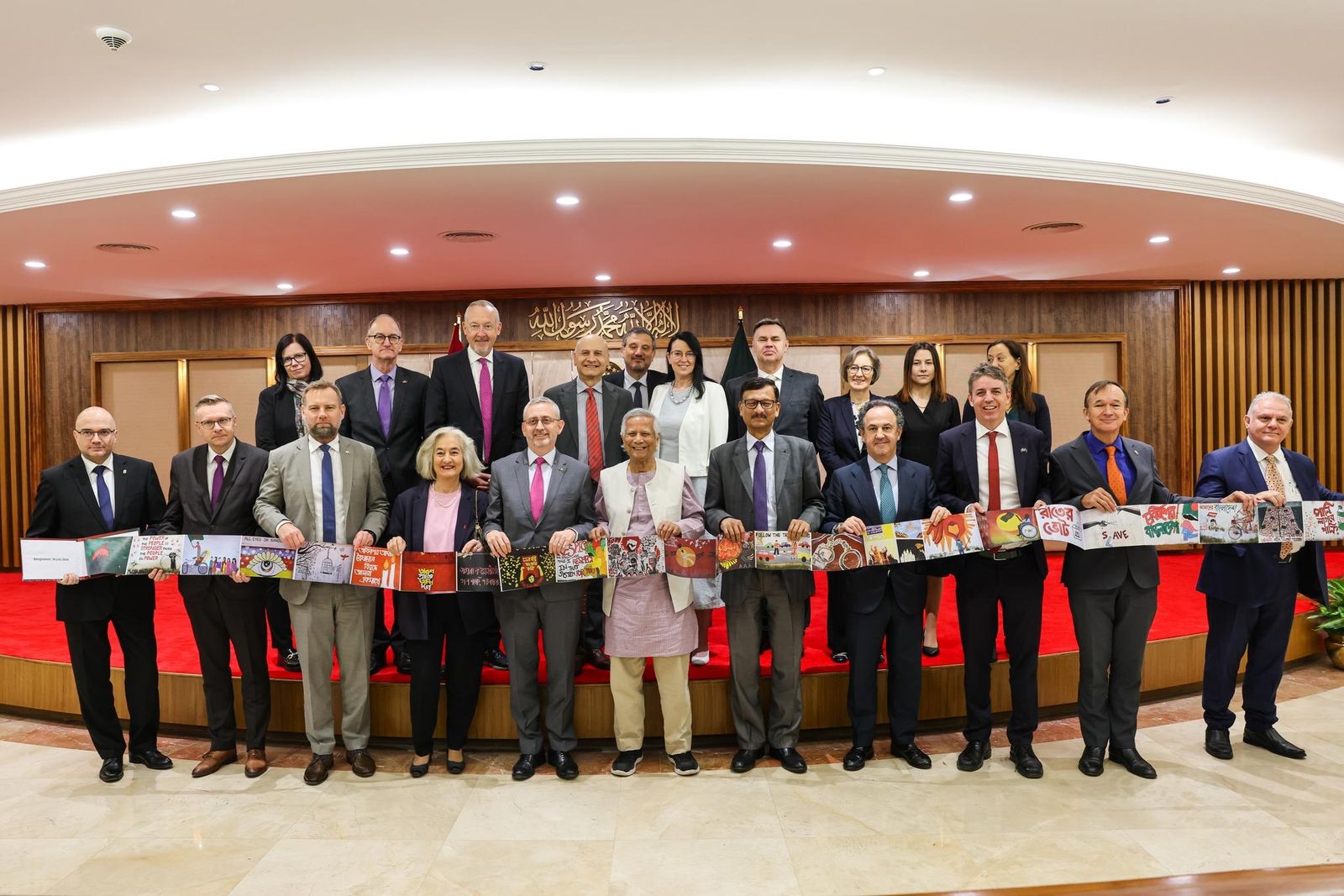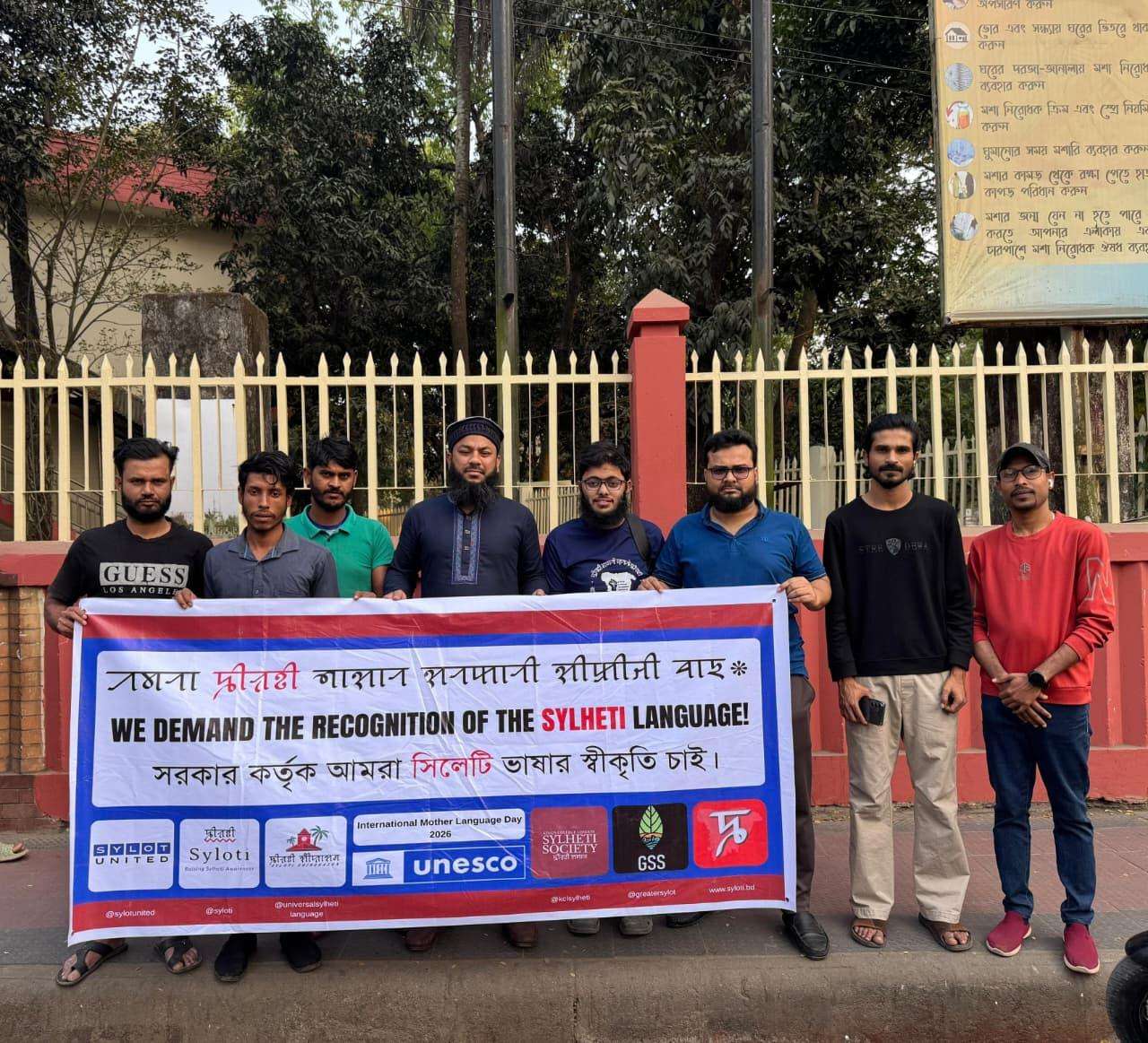Bangladesh’s economic engagement with East European countries is expected to gain momentum as Chief Adviser Professor Muhammad Yunus held a constructive meeting with EU diplomats based in Dhaka and New Delhi on Monday. He sought their cooperation on urgent issues affecting Bangladeshis, sources said.
Prof. Yunus urged the EU to relocate its visa centers for Bangladeshis from Delhi to Dhaka or a neighboring country, citing difficulties faced by students who cannot travel to Delhi to obtain visas. He noted that this situation threatens educational careers and affects the inflow of Bangladeshi students to European universities.
“If the visa office is shifted to Dhaka or a neighboring country, both Bangladesh and the EU will benefit,” he said.
The 19-member EU delegation, led by Michael Miller, Head of the Delegation of the EU to Bangladesh, engaged in a two-and-a-half-hour discussion. Topics included labor rights, trade facilitation, climate change, human rights, the International Crimes Tribunal Act, Rohingya repatriation, and building a sustainable future.
Prof. Yunus also paid tribute to the victims of the July-August uprising and outlined the human rights violations under the previous regime. He emphasized the impact of corruption and money laundering on the banking system and called for EU cooperation to counter misinformation against Bangladesh.
The meeting highlighted Bangladesh’s efforts to forge national unity and maintain communal harmony. Foreign Affairs Advisor Md. Touhid Hossain noted that Bulgaria had shifted its visa center to Indonesia and Vietnam, urging other countries to adopt similar measures.
While Bangladesh is working to strengthen ties with East European countries through exports and manpower, engagement remains low compared to expectations. Bangladesh’s exports to the EU predominantly go to Western nations like Germany, France, and Italy, with minimal trade with Eastern Europe, according to the Export Promotion Bureau (EPB).
Bangladesh exported goods worth $51.54 billion between July and May of 2023-24, over 50% of which went to EU markets. To address this imbalance, the government initiated the ‘Talent Partnership’ project with the EU and ILO, aiming to facilitate the migration of 3,000 skilled workers to European countries.
Ali Haider Chowdhury, former Secretary General of BAIRA, stressed the need for consular services in Dhaka to expedite the migration process. Currently, Bangladeshi workers must travel to Delhi for Schengen visas, facing challenges in obtaining Indian visas and prolonged stays in Delhi.
A Ministry of Foreign Affairs official suggested offering high-rise condominiums in Gulshan to East European countries for establishing missions or consular services. Many Eastern EU states, such as Bulgaria, Hungary, and Poland, lack consular services in Dhaka due to high operational costs.
Bangladesh has missions in select East European nations, including Poland and Romania, but lacks broader representation. The recently signed Talent Partnership Project seeks to address labor shortages in EU countries through the safe migration of skilled Bangladeshi workers while fostering economic growth.
The project builds on the EU-funded Skills 21 initiative and will offer training and mobility pathways for Bangladeshi workers in sectors like ICT, healthcare, and hospitality.
EU representatives and ambassadors welcomed the initiative, emphasizing the importance of safe, ethical recruitment practices and combating illegal activities like trafficking and visa fraud.
Eastern EU countries face significant population declines, leading to labor shortages and economic challenges. Governments are addressing these issues by raising retirement ages and relaxing immigration rules. Skilled labor migration, like that enabled by the Talent Partnership, is seen as a key solution to sustaining economic growth in the region.








.svg)

